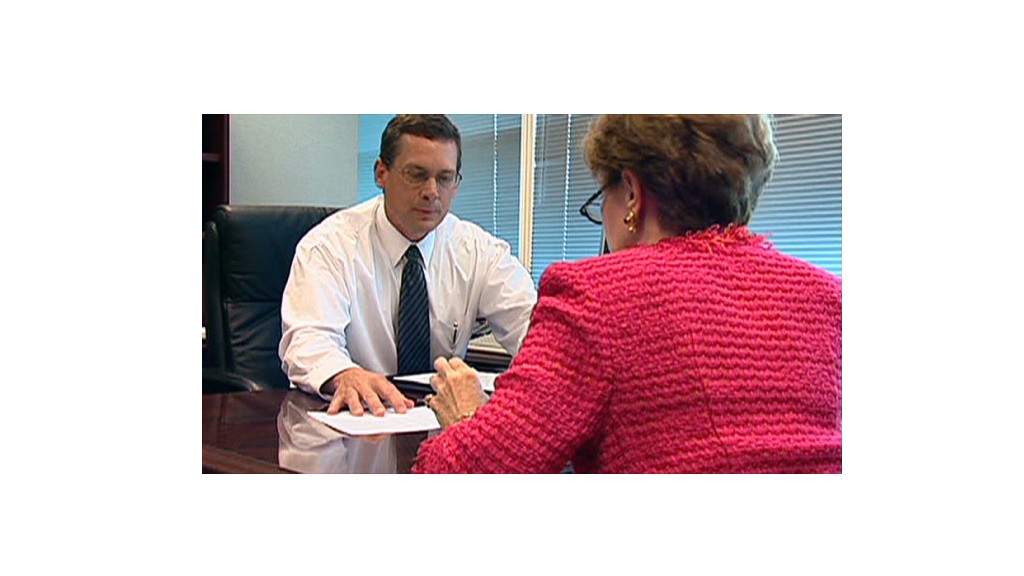
As more people cut back on taking on new debt and others ditch credit altogether, fewer are ending up with rock-bottom credit scores.
Compared to last year, about 1.4 million fewer people are now in the lowest FICO scoring range, according to new data from FICO (FICO), the most widely-used credit scoring metric. This year, just 14.2% of consumers fall into the 300 to 549 score range.
The number of people in this bottom range has also dropped since 2005, when FICO began tracking annual score distribution data. Back then 800,000 more consumers received scores in the lowest range.
There are likely a couple reasons for this decline, said Rachel Bell, a senior director at FICO. Many people who had high debt loads and bad credit before the recession have buckled down and have become more cautious since the financial crisis hit, so their scores have actually improved.
Related: You have 49 FICO scores
Others had such low scores that, when the recession came, creditors became even less likely to lend to them and they gave up trying to maintain and access credit. Since the financial crisis, they have either been cut off from existing credit lines, denied new credit or they simply chose to stay away from credit. And when there's no new credit data on file, FICO stops generating new scores for them -- so they basically fall off the credit map.
Many of the people who were in this bottom range had major credit problems in the past, like bankruptcies, defaults and high levels of debt, said Bell.
And after dropping out of the credit market, many often use debit cards, and some resort to payday lenders and other untraditional ways of getting credit that aren't reflected in FICO scores, said Bell.
On the other side of the spectrum, a growing number of people are boasting nearly-perfect or perfect scores. The number of consumers with FICO scores between 800 and 850 has increased by about 1.4 million people since 2010, with 18.6% of consumers now receiving scores in this range.
Related: 10 million U.S. households don't have bank accounts
During the recession, many consumers pulled in the reins on spending and borrowing instead of returning to their pre-recession habits, said Bell. This group has remained very cautious in recent years and many have shied away from taking out new credit.
"The economy is still uncertain ... so these people are not overextending themselves, and they're continuing to increase their scores," said Bell.
For the consumers with poor credit, Bell said it's important to realize that they can eventually get to this highest credit score rung, too.
"Even if you have a low score, all hope is not lost -- you can correct it by being very careful with credit," she said. Start by paying your bills on time and keeping your balances low by only taking out credit you absolutely need, she said.
